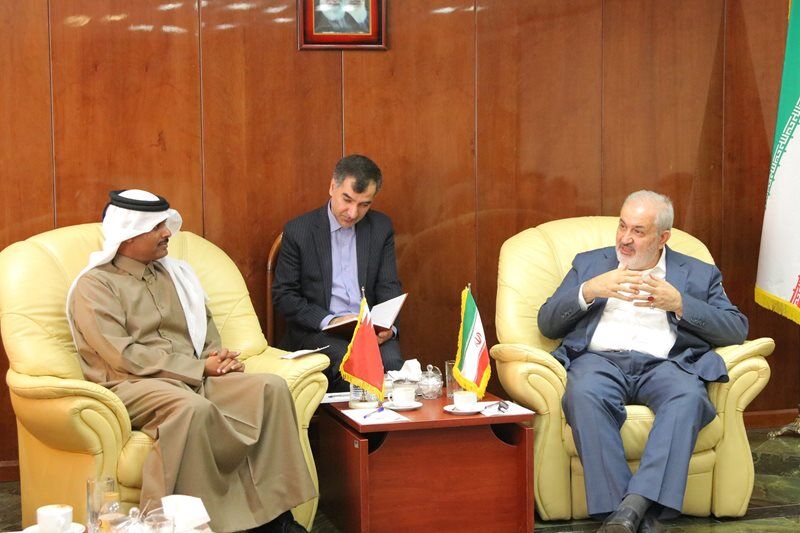
Health officials in the Philippines are reportedly in talks with Qatar business leaders about establishing a hospital that would be staffed by Filipino doctors and staff.
The proposal would involve Qatari investors providing the land and building, while the hospital would be managed and staffed by Western-trained Filipinos, according to the head of the Philippine Business Council.
Gulf Times reports Council Chairman Greg Loayon as saying the hospital would run as a cooperative, adding: “The premise for this hospital is a combination of Qatari capital and Filipino medical expertise.”
Loayon added that the Philippine Ambassador Wilfredo Santos has backed the project. The embassy did not respond to immediate requests for comment.
Healthcare demand
If the idea moved forward, the hospital would provide additional job opportunities for trained Filipino medical professionals, and would likely be a welcome resource for members of the 260,000-strong Filipino community here, which is one of Qatar’s largest expat groups behind India and Nepal.
This wouldn’t be the first hospital in Qatar to be staffed by nationals primarily from a single country.

The Cuban Hospital in Dukhan, which is part of the state-run Hamad Medical Corp. (HMC), is staffed by more than 400 Cuban medical professionals, under an agreement between the governments of Qatar and Cuba.
The idea of a Filipino hospital also comes at a time when Qatar’s growing population continues to put healthcare services under strain.
There is a shortage of staff, hospital beds and increasing pressure on emergency medical services such as ambulances and hospital ERs.

According to HMC figures released in its annual report in June, the volume of calls requesting an ambulance increased 28 percent in just 12 months, from 131,482 in 2013 to 168,332 last year.
Meanwhile, HMC-run hospitals have also recorded a significant increase in patients using their emergency departments, with the number of visits up by more than a fifth over the same period, to more than 2,800 a day on average.
The pressure is being felt across the public and private healthcare sectors. Since the launch of the national health insurance scheme Seha for Qatari nationals, patients have reported longer waiting times at popular private clinics and hospitals across the country.
And the demand is forecast to continue for the coming years, as Qatar is expected to have the fastest-growing healthcare sector in the Gulf, according to the 2014 GCC Healthcare Report, published by Alpen Capital.
The study predicted Qatar will see Qatar will see a 14.4 percent growth rate in terms of rising costs and demand for services from 2013 to 2018.
Masterplan
Authorities are taking steps to try to address the issue. New hospitals and medical facilities are to be built as part of an ambitious 15-year masterplan by HMC.

Under the plans, the integrated Hamad Bin Khalifa medical city, spanning C-Ring Road, will double the number of hospital beds and operating theaters in the country and triple car parking provisions by 2030.
Meanwhile, hospitals in Al Khor and Al Wakrah are slated to be expanded, with more beds and a wider range of clinics in order to take some of the pressure off the existing city center facilities.
This summer, HMC’s Director of Medical Education Dr. Abdullatheef Al Khal highlighted Qatar’s “severe shortage” of locally-trained medical staff and said more needs to be done to encourage more nationals to train as doctors.
“We are facing a severe shortage of qualified citizens in the health sector, including nurses, dentists, pharmacists and other supporting staff such as in first aid,” Al Khal said at the time.
Thoughts?







